The Mouth
The mouth is the beginning of the digestive system and plays a crucial role in the process of digestion. It is also an important part of the respiratory system as it is where air enters and exits the body during breathing.
Anatomy of the Mouth
The mouth is made up of several parts, including:
- Teeth: Used for biting, chewing, and grinding food.
- Tongue: Helps to mix food with saliva and push the food to the back of the mouth to swallow.
- Salivary Glands: Produce saliva, which helps to moisten food and begin the process of digestion.
- Palate: The roof of the mouth, which separates the mouth from the nasal cavity.
- Uvula: The small, fleshy piece of tissue that hangs down at the back of the throat.
Functions of the Mouth
The mouth serves several important functions in the body:
- Ingestion: The process of taking food and liquids into the body through the mouth.
- Mastication: The process of chewing and grinding food with the teeth.
- Salivation: The production of saliva, which helps to moisten food and begin the process of digestion.
- Speech: The mouth, along with the tongue and other structures, plays a vital role in the production of speech sounds.
Study Guide
Here are some key points to remember when studying the topic of the mouth:
- What are the main parts of the mouth and their functions?
- How does the process of digestion begin in the mouth?
- What is the role of saliva in the mouth?
- How does the mouth contribute to the process of breathing?
- What are some common issues or diseases that can affect the mouth, and how can they be prevented or treated?
Understanding the anatomy and functions of the mouth is essential for comprehending the processes of digestion and respiration, as well as for maintaining good oral health.
[Mouth] Related Worksheets and Study Guides:
.◂Science Worksheets and Study Guides Sixth Grade. Rocks
Study Guide Rocks
Rocks  Activity Lesson
Activity Lesson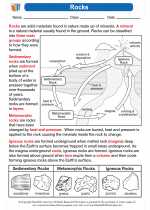 Rocks
Rocks  Worksheet/Answer key
Worksheet/Answer key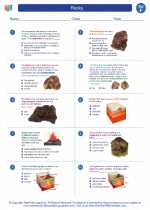 Rocks
Rocks  Worksheet/Answer key
Worksheet/Answer key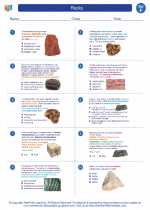 Rocks
Rocks  Worksheet/Answer key
Worksheet/Answer key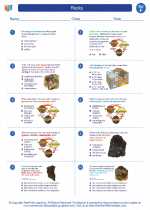 Rocks
Rocks  Worksheet/Answer key
Worksheet/Answer key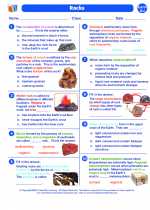 Rocks
Rocks  Vocabulary/Answer key
Vocabulary/Answer key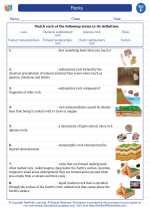 Rocks
Rocks  Vocabulary/Answer key
Vocabulary/Answer key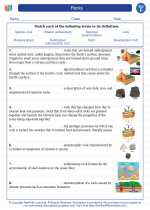 Rocks
Rocks  Vocabulary/Answer key
Vocabulary/Answer key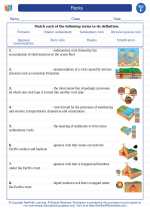 Rocks
Rocks 

 Activity Lesson
Activity Lesson
 Worksheet/Answer key
Worksheet/Answer key
 Worksheet/Answer key
Worksheet/Answer key
 Worksheet/Answer key
Worksheet/Answer key
 Worksheet/Answer key
Worksheet/Answer key
 Vocabulary/Answer key
Vocabulary/Answer key
 Vocabulary/Answer key
Vocabulary/Answer key
 Vocabulary/Answer key
Vocabulary/Answer key

The resources above cover the following skills:
EARTH AND SPACE SCIENCE
Earth’s Systems
Plan and carry out investigations that demonstrate the chemical and physical processes that form rocks and cycle Earth’s materials (e.g., processes of crystallization, heating and cooling, weathering, deformation, and sedimentation).